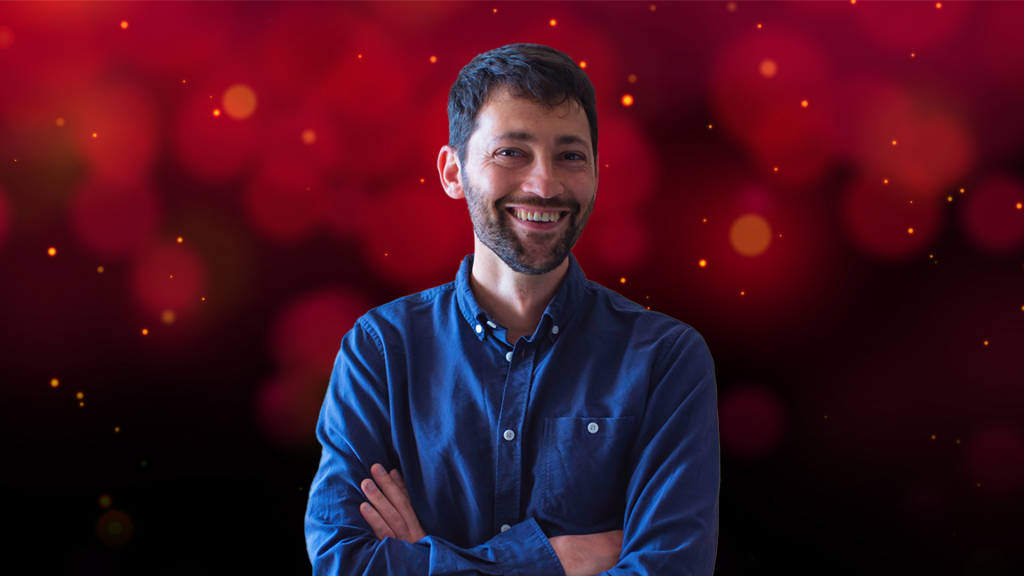
Daniel Streicker
Professor, CVR, University of Glasgow
Beyond the Prize: The impact on personal and professional growth
As we approach the 10-year anniversary of the Science & SciLifeLab Prize, we took the opportunity to catch up with one of our past winners, Daniel Streicker, Grand Prize Winner of 2013.
What has been the biggest outcome for you personally winning the prize?
The prize was validation that the gamble I had taken during my PhD had paid off. Going off to establish a project with a large international field component as an unknown grad student had come with many setbacks and risks. The award convinced me that a project which sometimes felt like the motorcycle diaries was actually at the cutting edge of mainstream science.
That feeling gave me the confidence boost I needed to move to an independent role shortly after my PhD, which for me was important to keep my collaborations alive and my project running.
What has been the biggest outcome for your career winning the prize?
Science is more competitive than ever. It is not unusual for early career scientists to produce impactful and fascinating outputs, so the global visibility from awards like this unquestionably provide an edge. More broadly, winning the prize gave me confidence to pursue higher risk ideas.
There is no winning formula for success in science, so for me it’s about identifying that ‘if this works it would be amazing’-idea and having the flexibility and tenacity to pursue it. Having made the bet and won early in my career gave me the confidence to do it again and to encourage the staff and students I work with to take similar calculated risks.
What would you like to say to someone who is thinking of applying?
Don’t hesitate. The Science & SciLifeLab Prize changed the course of my career, put my aspirations within closer reach, and gave me the global perspective I needed to expand my network and my research purview.
Winning this award allows you to synthesize your body of work and establish yourself as ‘the rising star who does x thing‘. This is a rare opportunity to define your research identity to an incredibly broad scientific audience. Think of it as a global self-introduction to potential your future employers, collaborators, students etc.
For that reason, I think it is important to go beyond the science you produced in your essay. Show your personality – what motivated you? what was the back story of how it all came together?
This integration of science and personal storytelling isn’t always easy but makes for compelling (and hopefully award winning!) reading.
